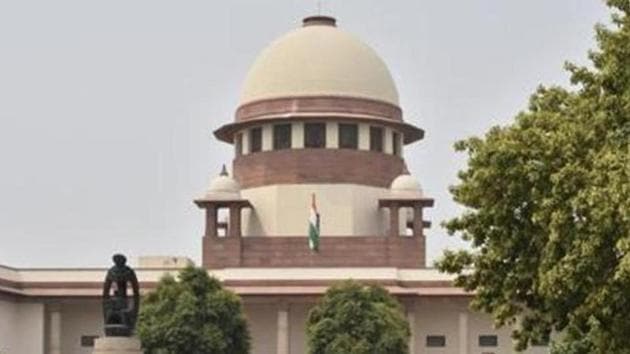Supreme Court seeks details of criminal cases pending against MPs, MLAs
The Supreme Court on Wednesday directed the Chief Secretaries of all the states to furnish details of the criminal cases pending against the MPs and MLAs.
The Supreme Court on Wednesday directed state chief secretaries and registrar generals of all high courts to provide details of criminal cases pending against lawmakers and how many of these have been transferred to the special courts set up pursuant to the top court’s December 2017 order.

In December, the apex court ordered the setting up of 12 special courts to hear cases against Members of Parliament and Members of Legislative Assemblies when it was hearing a public interest litigation on dealing with criminality and corruption in the polity.
The courts were to start functioning by March.
According to the data provided by the Centre to the court, 12 states, including Delhi, have designated special courts to start hearing such cases. The Delhi high court has notified two courts, one headed by a magistrate and the other by a district and sessions judge, in the capital.
Odisha, Andhra Pradesh, Telangana, Bihar, Uttar Pradesh, Maharashtra, Tamil Nadu, Kerala, Madhya Pradesh and West Bengal are the other states where special courts have started to hear cases involving lawmakers.
The apex court also wanted to know whether there is a need to have more such courts. If required, the bench said, it would monitor compliance with its order on the need for special courts to hear cases against MPs and MLAs. The order requiring the chief secretaries and registrar generals came after the court felt the information furnished by the Union ministry of law and justice in its affidavit on September 11 was not sufficient. As per the affidavit, a total of 1,233 criminal cases were transferred to the special courts. Of these, 136 have been disposed and 1,097 are pending. Senior advocate V Mohanna, appearing for Centre, said all the states have not shared the data despite repeated reminders.
Appearing for petitioner Ashwini Upadhyaya, senior counsel Sajan Povvaya urged the court to see if special courts were actually working. He gave the example of the POCSO courts that have been set up by the states, but were not functional as there were no presiding judges. Povvaya also questioned the Centre’s inability to produce data on criminal cases registered against MPs and MLAs between 2014 and 2018.






